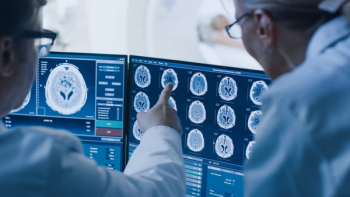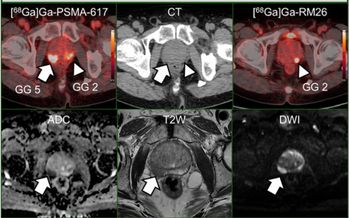
Speech-recognition firm Kurzweil agrees to $53 million acquisition
Company felt pressure from larger competitorsThe challenges of participating in a market with far larger competitors have apparently proved too much for speech-recognition developer Kurzweil AI of Waltham, MA. Kurzweil last month agreed to be
Company felt pressure from larger competitors
The challenges of participating in a market with far larger competitors have apparently proved too much for speech-recognition developer Kurzweil AI of Waltham, MA. Kurzweil last month agreed to be acquired by another speech-recognition firm, Learnout & Hauspie Speech Products, in a deal valued at $53 million.
Learnout & Hauspie is a Belgian-based company that had revenues of $31 million last year. The company said it is interested in acquiring Kurzweil to combine the technologies of both firms, particularly in the area of continuous speech recognition. It plans to pay Kurzweil shareholders $4.20 in cash and $1.05 in Learnout & Hauspie stock for the company, which will be operated as a subsidiary after the acquisition closes.
Both Kurzweil and Learnout & Hauspie are small firms in a market that has drawn the interest of some of the world's largest companies. Kurzweil's market position in the healthcare segment of speech recognition has come under pressure from recent product introductions by Philips and IBM.
In February, Philips Speech Processing announced that it was licensing SpeechMagic, its continuous speech-recognition engine, to Dictaphone for incorporation into that company's new Enterprise Express system. Enterprise Express is a speech-to-text system that Dictaphone is developing for healthcare applications, including radiology.
Last year, IBM rolled out MedSpeak/Radiology, also a continuous speech product, that can convert a radiologist's dictation into text in real time (SCAN 7/25/96). IBM displayed MedSpeak at last year's Radiological Society of North America meeting, and has reported strong acceptance of the system.
Kurzweil's entry into the speech-recognition battle is Kurzweil Clinical Reporter. Unlike the IBM and Philips products, Clinical Reporter is a discrete speech system that requires users to speak in a deliberate, staccato fashion that the computer can recognize and convert into text. Clinical Reporter also employs a more structured dictation process that prompts users to enter information.
While Kurzweil pioneered the use of speech recognition, it has struggled to achieve profitability. In its financial results for fiscal 1997 (end-January), the company posted revenues of $8.5 million, down 9% compared with sales of $9.4 million the year before. Kurzweil had a net loss for the year of $4.1 million, compared with a net loss of $2.6 million the previous year.
Kurzweil's losses had reduced the company's cash position to the point where its auditors in Kurzweil's most recent 10-K filing expressed doubt about its ability to continue as a going concern. The Learnout & Hauspie acquisition includes a provision for a $1.5 million bridge loan to Kurzweil to get the company through its cash crunch until the deal is finalized.
Kurzweil president and CEO Thomas Brew acknowledged that the company has seen radiology sales decrease over the past year, although the company is not sure whether it was caused by IBM's introduction of a continuous speech product. Kurzweil has been developing a continuous speech product of its own, which it plans to begin marketing by the end of this year or early next year, Brew said.
The product lines of Kurzweil and Learnout & Hauspie are complementary, according to Brew, with the Belgian company participating in several segments, such as speech compression and machine translation, in which Kurzweil does not have a presence. Kurzweil gives Learnout & Hauspie access to the medical market, and Kurzweil's continuous speech development effort is about six months ahead of Learnout & Hauspie's.
Brew said Learnout & Hauspie does not plan to change Kurzweil's strategy in the medical arena, although Brew will be leaving the company when the acquisition is finalized. Taking over Brew's responsibilities at Kurzweil will be Koen Bouwers, president of Learnout & Hauspie's dictation division and a former executive at Philips Dictation Speech Products.
While Kurzweil will lose its independence, a merger between the firms will better enable them to compete against the corporate giants, according to Brew.
"We are a small company competing against some very big companies, IBM and Philips particularly, in the medical field," he said. "This will give us more critical mass."
Newsletter
Stay at the forefront of radiology with the Diagnostic Imaging newsletter, delivering the latest news, clinical insights, and imaging advancements for today’s radiologists.













